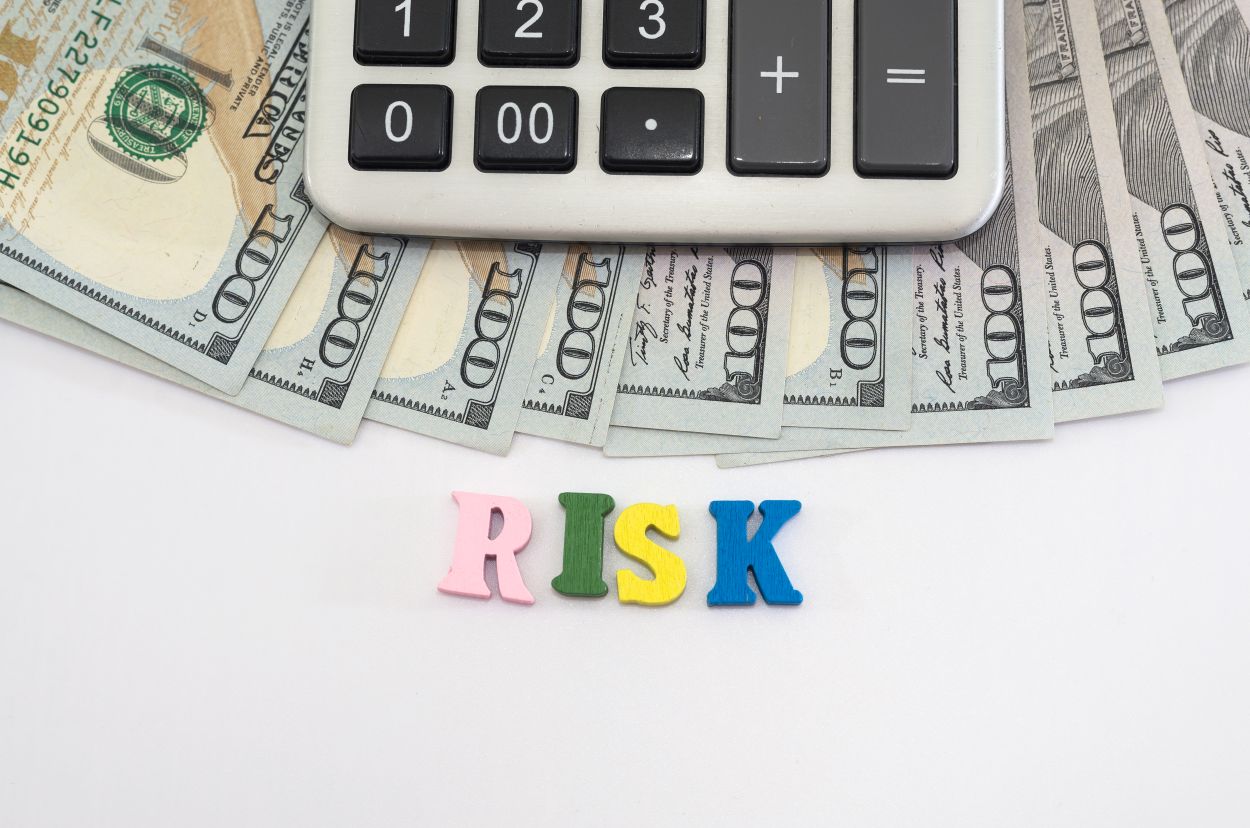“In terms of risk scenarios, a complete shutdown of gas remains more likely than a return to 100% use of the pipeline,” the strategists, led by Beata Manti, wrote in a note. According to Citi, cutting off Russian gas supplies could potentially cut the eurozone’s gross domestic product by about 1%, which means a 10% drop in earnings per share in Europe over the next 12 months.
This will lead to further increases in energy prices and inflation, she said, as well as to energy rationing in the industrial sector and to a moderate recession in the eurozone economy. Germany and Italy will be hit hardest, according to Citi.
“An economic slowdown is basically market priced, a recession is not,” Manty said. „The European recession, driven by the shutdown of gas from Russia and the subsequent 10% drop in earnings per share, could send share prices down about 10% from current levels.”
The risk that Russia will cut off supplies to the bloc in response to multiple rounds of sanctions has weighed on European assets, exacerbating investor anxiety this year, including rising inflation, the military conflict in Ukraine and a hawkish monetary policy.
PJSC Gazprom has declared force majeure over natural gas supplies to several European buyers, according to people familiar with the situation, after the Russian gas giant had already restricted supplies to Europe and shut down its main Nord Stream gas pipeline for maintenance at the beginning of the this month. The European Union estimates that a total cut in Russian gas supplies could potentially lead to a reduction in the bloc’s gross domestic product by as much as 1.5%.
Economists at Morgan Stanley see a recession in the eurozone as likely if gas flows resume at or below pre-maintenance levels and forecast inflation to peak at 9.6% in September. If Nord Stream gas flows resume on July 21 at pre-maintenance levels, Morgan Stanley said European stocks and utilities could benefit.
“Given market concerns about lower or no gas flow from Nord Stream 1, we expect relief from lowering the risk of an even larger gas supply disruption,” said equities and commodities analysts including Robert Pullein in a note. .




